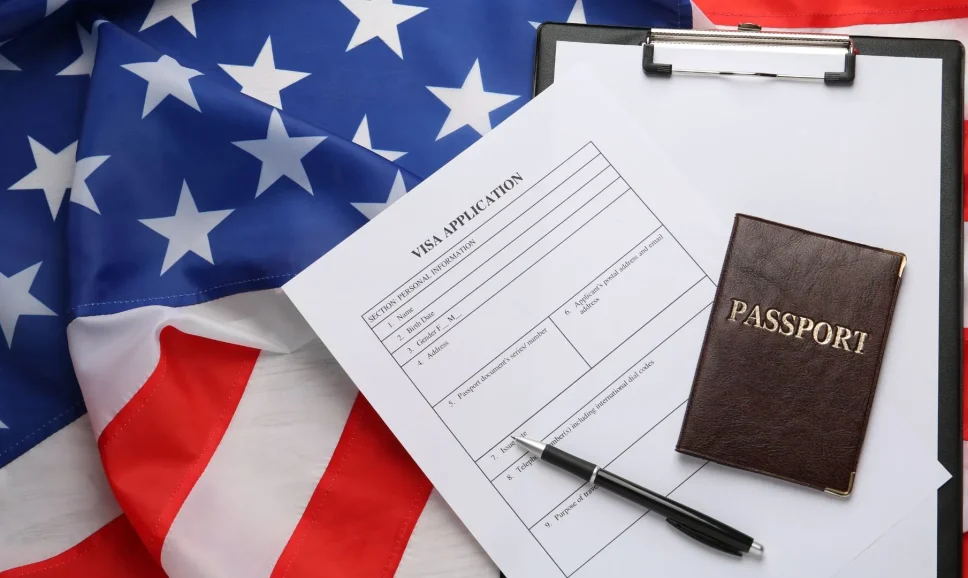The United States offers asylum protection to individuals who face serious threats or persecution in their home countries but not all claims qualify.
To be granted asylum, an applicant must prove that they have suffered or fear they will suffer persecution for specific legally recognized reasons.
Table of Contents
ToggleIn this article, Marsan Akguc Law Firm outlines the valid legal grounds for asylum under U.S. immigration law, including persecution based on race, religion, nationality, political opinion, or membership in a particular social group.
Who Qualifies for Asylum Under U.S. Immigration Law?
Under Section 208 of the Immigration and Nationality Act (INA), an individual may apply for asylum if they cannot return to their home country due to a well-founded fear of persecution on account of:
- Race
- Religion
- Nationality
- Membership in a particular social group
- Political opinion
Persecution must be carried out either by the government itself or by actors the government is unable or unwilling to control.
General violence or poverty is not enough the reason behind the danger must directly relate to one of these five grounds.
Can Persecution Based on Race, Religion, or Nationality Qualify?
Yes. These are among the most commonly recognized bases for asylum in the U.S.
Race-Based Persecution:
This includes threats or harm due to ethnic background, such as being part of a persecuted minority group, experiencing systemic racism, or being targeted by state-sponsored discrimination.
Religion-Based Persecution:
People who are punished, threatened, or denied rights due to their religious beliefs or practices may qualify.
This can include bans on religious gatherings, forced religious conversion, or harassment for practicing one’s faith.
Nationality-Based Persecution:
This applies to individuals persecuted for being citizens of a particular country, region, or ethnic-national group.
If nationality leads to discrimination, denial of education or employment, or government hostility, it may serve as a valid claim.
What Is “Membership in a Particular Social Group”?
This is one of the most complex and broadest grounds for asylum.
A particular social group (PSG) refers to people who share a common, immutable characteristic or identity that sets them apart from the rest of society.
To qualify, the group must be:
- Recognizable in society
- Socially distinct
- Subject to discrimination or danger as a result of that identity
Examples of social groups:
- LGBTQ+ individuals in countries where homosexuality is criminalized
- Victims of domestic violence, where the government fails to protect them
- Victims of human trafficking
- Women forced into child marriage
- Former child soldiers
- Members of minority tribes, castes, or sects
The applicant must show that their persecution is based on their inclusion in such a group, and that the danger is widespread and systematic.
In order to apply for asylum in the United States, it is not enough to “feel in danger”.
Applying for asylum is a process in which a request for international protection must be based on legal grounds.
What Are the Valid Grounds for Asylum?
To qualify for asylum in the United States, your fear of harm must be tied to one of five legally accepted reasons:
- Race
- Religion
- Nationality
- Membership in a particular social group
- Political opinion
The persecution must be serious, ongoing or imminent, and caused or condoned by authorities in your home country.
Marsan Akguc Law Firm provides trusted guidance throughout the asylum application process, helping you identify your strongest legal basis and prepare the proper documentation.

